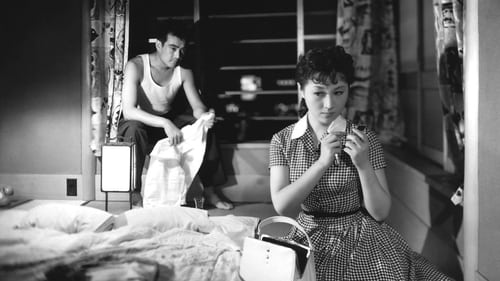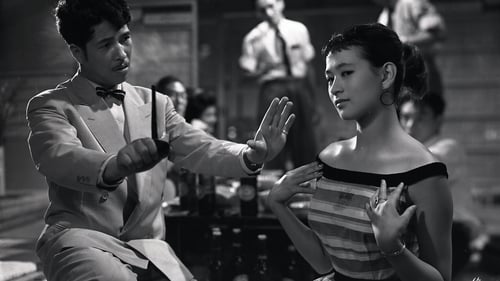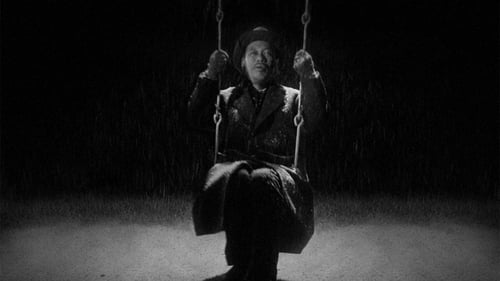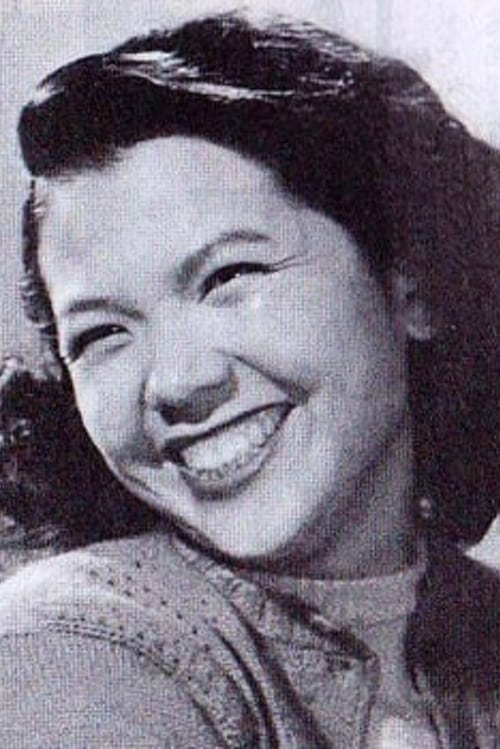Miki Odagiri
Nascimento : 1930-06-29, Sendagaya, Tokyo, Japan
Morte : 2006-11-28
História
Miki Odagiri (小田切美喜) was known primarily for her important and timeless role as the upbeat office girl in Akira Kurosawa's classic Ikiru opposite Takashi Shimura, whose character is dying of cancer, and Miki, as Toyo Odagiri, inspires him to live... just by being herself: bubbly, spontaneous, and optimistic. Her character is also filled with blunt sarcasm that was extremely rare in movies of the early-1950's. Perhaps Miki and Takashi's most memorable scene is when she's telling him the nicknames she created for their fellow workmates... including his! Sadly, beyond Ikiru, finding the handful of other Japanese movies she appeared in, especially on DVD or Blu Ray, is extremely difficult. But she left an impression in what's considered not only one of the legendary Kurosawa's greatest achievements, but one of the best movies ever made, worldwide.

Interviewee
Documentary made by Toho for the Masterworks reissue of all of its Kurosawa films. This one focuses on "Ikiru" (1952).

In the 12th century, Buddhism was still a relatively new religion in Japan. At that time, one school (Shingon) offered extensive training in complex and very demanding practices which might eventually bring about spiritual purification and realization. Various Zen schools offered students a lengthy path, literally composed of a blank wall and unceasing meditation. Yet another school (Tendai) emphasized complex metaphysics and the study of philosophical systems. Basically, all of them were designed to cater to the few who were able to give up everything else in their lives and focus on liberation, such as scholars and noblemen. In this historical and biographical drama, this is the situation that the young Shinran (1173-1263) discovered when he began exploring Buddhism as an alternative to the violence and ceaseless civil wars that racked Japan at the time.

Ohana
Story of a romance between a middle-aged journalist and a young woman.

Two detectives begin a stakeout based on the slim chance of catching a murderer whom they suspect will try to reunite with an old flame.

Japanese drama film.

Yumiko
Um conto de aventura romântica sobre um jovem que trabalha em um navio baleeiro e seu amor por uma paixão da infância.

Miyoko
Japanese drama film.

From runaway brides to a typhoon, the continued adventures of Ushikata police station.

Okatsu
A remake of High Noon (1952) as a Japanese jidai-geki sword-fighting movie.

Teru
A Segunda Guerra Mundial está acabando e os baby boomers estão na flor da idade. O ministro Araki apresenta um projeto de lei para estabelecer Centros de Consulta de Controle de Natalidade em todo o Japão. Enquanto discursa na assembleia nacional, sua esposa fica sabendo que está grávida.

Yasuichiro Isa, who works in the labor section of Sone Mining Tokyo Headquarters, paid a monthly fee for his younger brother, Reiji, who was in trouble because he had a bonus of 10,000 yen more.

Momoyo
Lending money, job hunting for civilians and babysitting. All these things are usually not listed on a policeman's job description. But for the officers of this local police station, it‘s part of their daily routine. One day, patrolman Yoshii (Hisaya Morishige) finds an abandoned baby and a six year old girl standing in front of the station. When he's declined by the welfare office, orphanage and local health clinic to take them in, he decides to take care of them himself.

Fumiya
Mokichi is the widowed father of three daughters, with whom he lives on the premises of a temple since the war. In the film all three daughters become involved in some sort of complicated relationships. The sisters and their attached Men are deliberately designed as allegorical figures on the changing social conditions. A wonderfully funny, sometimes droll comedy between Nara and Tokyo, Adagio and Allegro, Yesterday and Today - in search of a morning.

After Shuichiro moved to Tokyo, the Tanno family became completely female, including Mrs. Tanno, Shuichiro's daughter-in-law Manzuko, painter Takashiro Egi, Shizu Kazemaki, Mitsue Nanbu, an intellectual who works in a university laboratory, and an old woman.

Fusa-chan

Film directed by Eichi Koishi and starring Wakao Ayako

Oume
A young woman, who must support her father as a middle-aged man's mistress, finds herself falling in love with a student closer to her age.

Misae Numakura
Film directed by Saeki Kozo with Wakao Ayako.

Film directed by Shima Koji and starring Wakao Ayako

A group of Okinawan high school girls are drafted as nurses during the American invasion of the island. As the enemy army advances further, the situation for the girls becomes increasingly desperate as food and shelter run out and the number of injured climbs, leading to the film's tragic finale.

Toyo
Burocrata de longa data, que não liga para nada que não o interessa, descobre que está com câncer. Decide, então, construir um playground em seu bairro, tentando descobrir um sentido para sua vida.

A priest in Hokkaido adopts a blind orphan girl, and as she grows up he finds himself falling in love with her.





